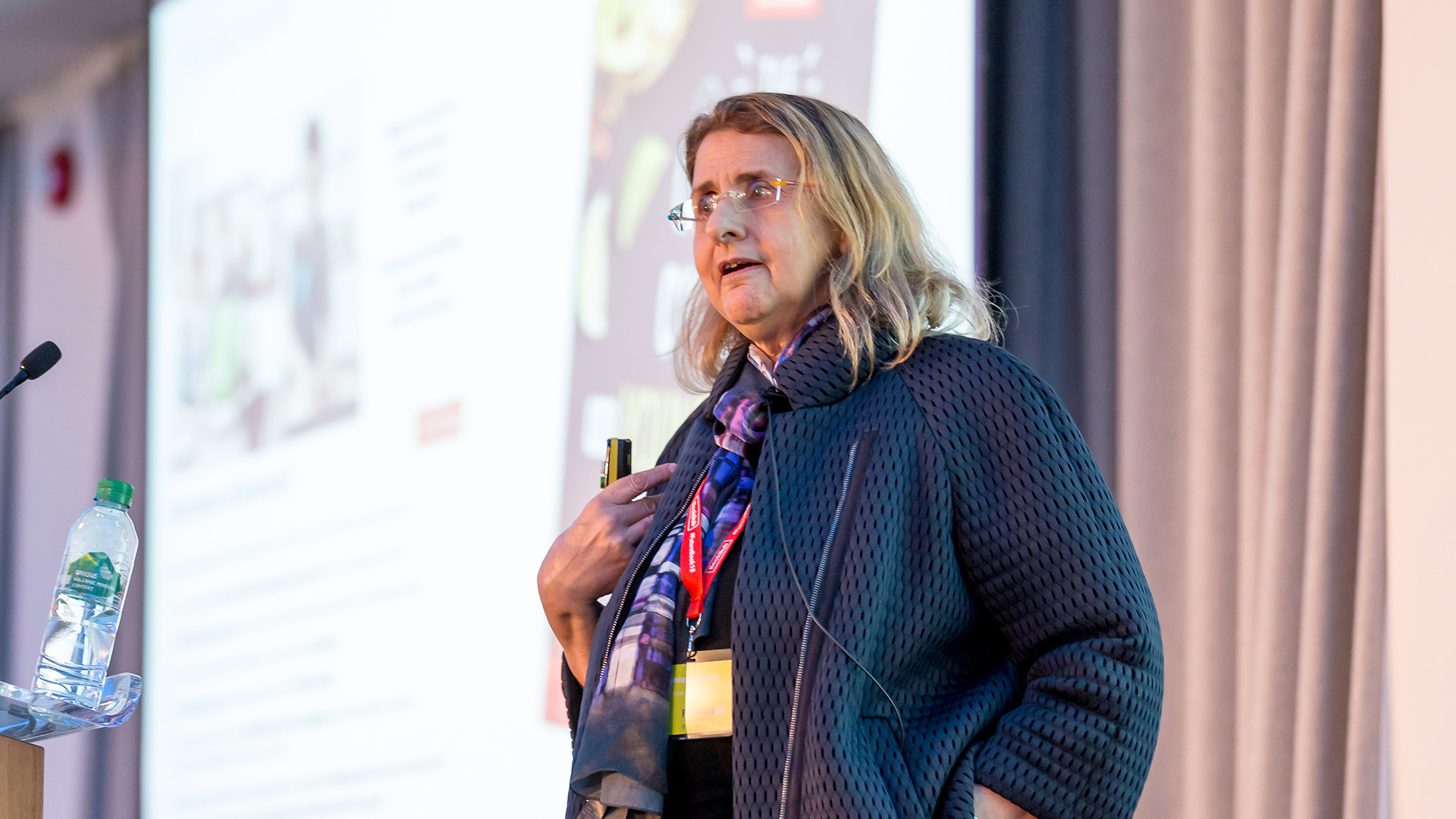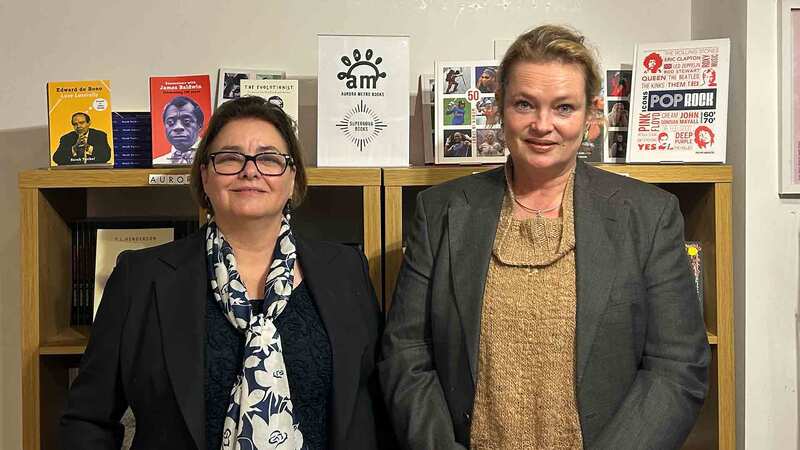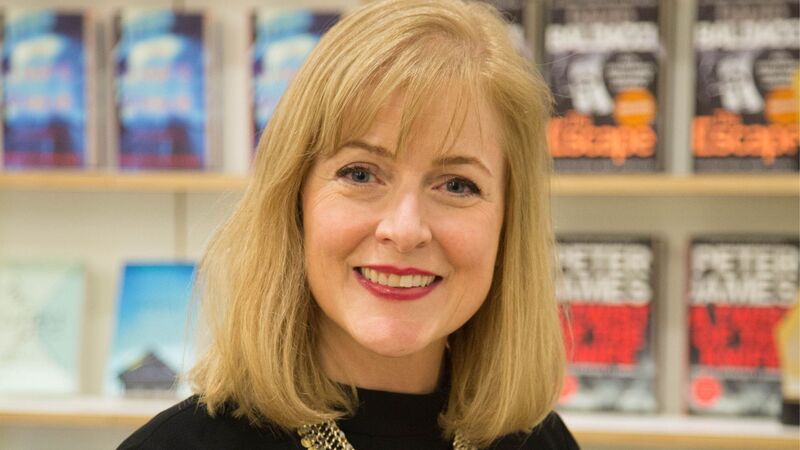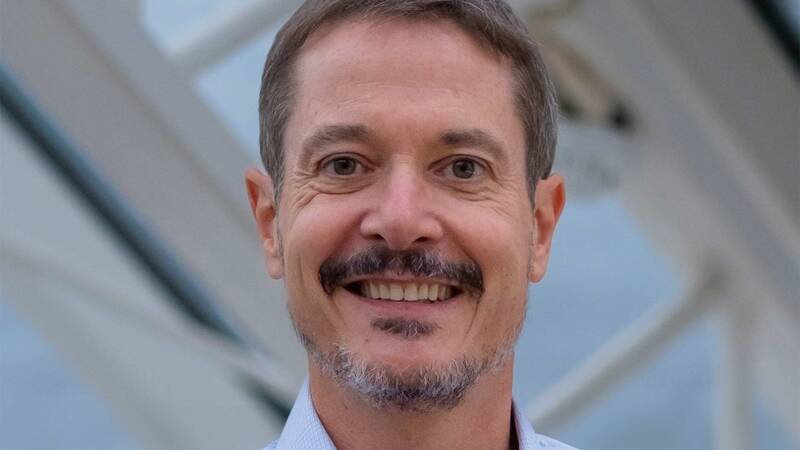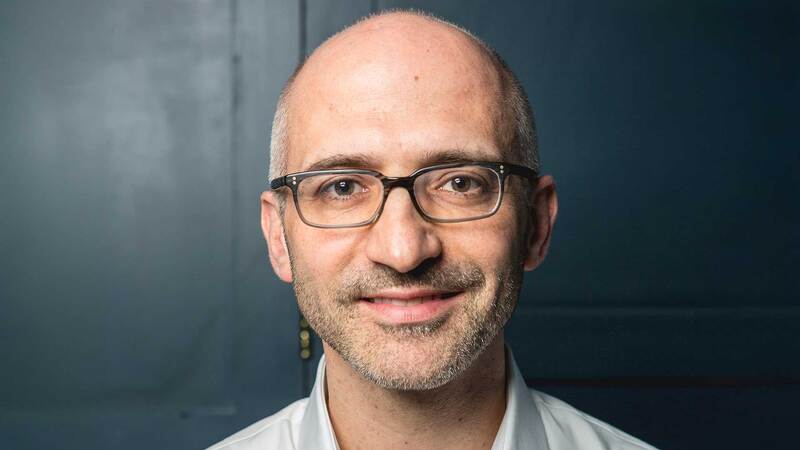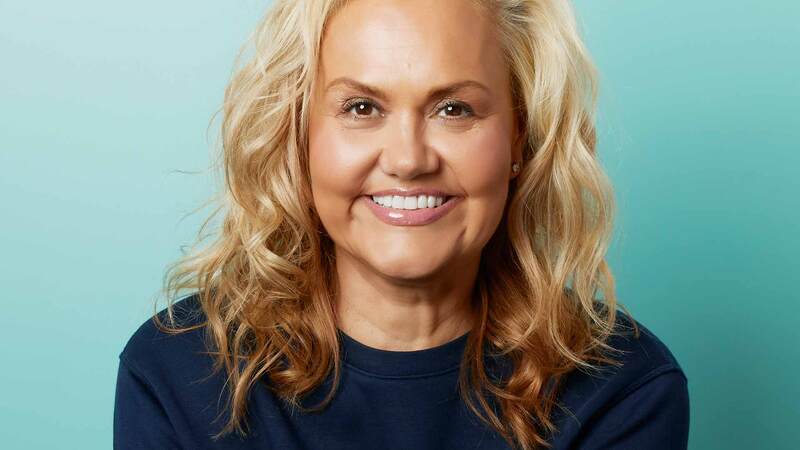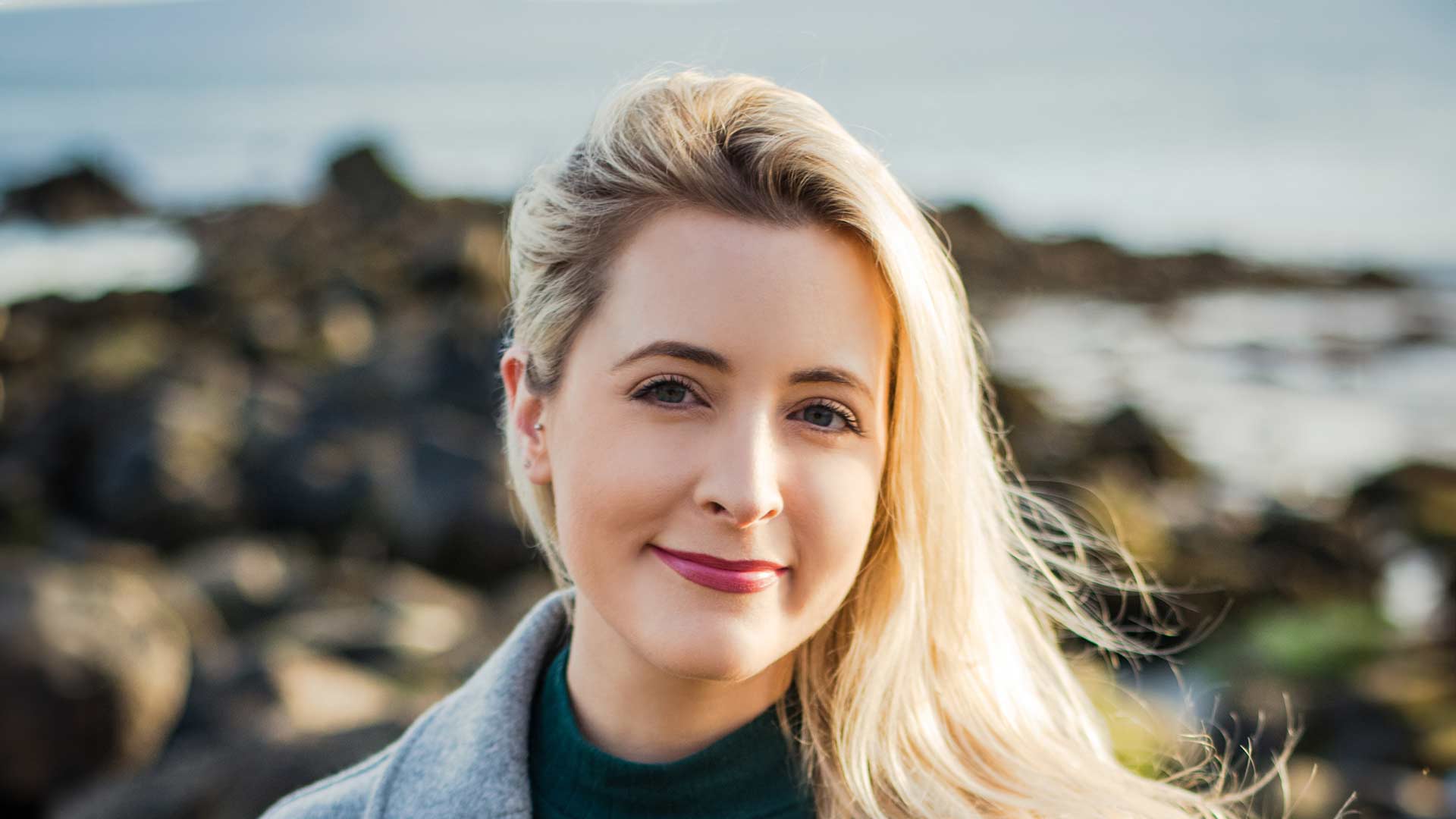You are viewing your 1 free article this month. Login to read more articles.
Q&A: Dominique Raccah
Publisher and c.e.o. of Sourcebooks Dominique Raccah started the company from a spare bedroom – and it’s now one of the largest trade publishers in the US. She will deliver a keynote at The Bookseller’s Children’s Conference.
Your talk is titled “The New Age of Discovery: How Authors and Fan Communities are Driving Book Culture, and What That Means for Booksellers and Publishers”. Can you explain more?
We’re living in a new age of discovery. One in which readers are more quickly and organically discovering new books and authors. And yes, I’m talking about how TikTok, Instagram, YouTube and social media in general have emerged as the premier way for readers to build/join communities, and for authors to connect with their fans. We saw a huge spike in reading nationwide (and worldwide) during the pandemic, and while consumer trends and preferences have evolved since then, many people, at least in the US, are still reading in greater numbers than ever before. So naturally this is going to lead to more readers seeking out and discussing books online, sharing their favourite authors and creating these rapidly growing fan communities.
What’s driving this change?
I think it stems from today’s readers demanding what they want. They’re not sitting around passively waiting for someone to tell them what to read. At one point I had named this speech: “Is the Age of Gatekeepers Over?” We’re watching readers ask for a wider range of subjects and characters, non-traditional relationships, different kinds of family structures, LGBTQ+ and non-binary representation, etc. Especially in romance and YA, we’re seeing readers connect with these gritty, emotional stories that tackle big, messy, real-world topics. We’re publishing into that and seeing huge growth there, especially in romance and YA, and you’re also starting to see this trickle down into children’s books. It’s unleashing a whole new generation of authors who aren’t afraid to tell these important and difficult stories, and address complex issues that readers of all ages see in real life. Readers are buying these books, getting them signed, pre-ordering them to get associated merchandise, collecting multiple titles in a series [...] this is huge for our bookselling partners.
How can publishers best react?
Publishers need to be reacting with agility and really looking at data. We’re a company that has been completely bootstrapped, so adapting to change is our DNA. We can’t get attached to the way we’ve always done things. Whether it’s how we approach shipping challenges, or editorial needs, or evolving marketing trends [...] what worked even last week might not work this week. Publishing today is far more complex than it was five years ago or even last year. We have to adapt and change quickly, leaning into what our customers want and need.
You’ve also stated that now is a golden moment for children’s publishing. What did you mean by that?
There are so many opportunities right now in kids’ publishing. It’s an interesting problem to be looking for the books that are not yet being published that readers actually want. That’s what we’ve been working on in every corner of our business. Understanding what parents want, what children want, at different ages, in different formats, even in different languages. For example, we know coming out of the pandemic that parents were prioritising self-care. So, we asked ourselves, how do children’s books serve this? Can we create content that entertains, comforts, is nostalgic? By the way, our colleagues at Callisto have created extraordinary success by looking at what parents and other children’s books buyers are looking for and publishing specifically into those needs. There’s an opportunity to really expand the children’s book space right now that’s almost unprecedented.
PW began its recent interview with you, stating that “Sourcebooks had another record year in 2022, increasing its unit sales of print books by 12.9 million over 2021 at outlets that report to NPD BookScan, making it not only one of the fastest-growing publishers in the US last year but also the eighth largest”. You’ve gone from indie start-up to stalwart in a time of huge change for the sector. How did you manage that and is this what you had in mind when you founded the business?
As many people know, we’re entirely bootstrapped – meaning I built this business with no money and no employees in my spare bedroom 36 years ago. At the time, I had one single book, which I actually wrote, and we started out by being a source of financial information for bankers. I really never expected to grow to this level – never expected to publish children’s books, even! I mortgaged my house, twice – to pay for the print run of one of our earlier titles. That book, by the way, became our first New York Times bestseller. So, in the very beginning, I was just focused on building my business, staying in business and getting off the ground. It was almost impossible to get any credibility or attention, and there were many very difficult moments. My hope was to make a small contribution to an industry that I loved and passionately believed in. I’m extremely grateful and deeply surprised for this journey and where it has led.
The number one question I get is: “How did you manage that?” I would point to two things, and they’re both somewhat unexpected. The first is mission. We are a company that deeply believes that books change lives. Having that mission at the centre of your work creates teams of like-minded individuals who work for—strive for—outcomes that are meaningful. It’s a hunger, I suppose. We’re always looking to do more to make a difference. The other thing you’ll very much hear from our team is around mindset. Growth mindset has been the biggest education I’ve undertaken personally as an adult. It’s also been the most important effort we’ve put forth as an organisation. Creating an organisation that values challenges, where people want to grow and actively collaborate, has been our biggest strategic initiative. We’re a team that constantly experiments and embraces opportunities for growth and change. In a traditional industry that is now constantly changing, that is an important competitive advantage and a really great place to work for innovators.
You are also working with DK to sell into the UK and Europe. How is that going and what do you see in these markets that interests you?
We’ve seen incredible results come out of our partnership with DK – we’ve expanded sales and distribution significantly and have a lot of exciting milestones on the horizon. We’ve seen triple-digit growth in p.o.s. this year, according to Nielsen reporting, and are anticipating a really strong Q4 as well. Europe is also showing exciting growth – more and more readers are looking to read books in their original language as social media discovery continues to break down boundaries.
Do you see Sourcebooks expanding further into the UK or Europe with an editorial office?
There are no plans for an editorial office at this time, but we’ve grown our sales and marketing capabilities with some really great hiring that focuses on our reach into the UK and beyond. Our publishing programme is truly global in appeal and reach, as we tap into fandoms with our authors that span borders, and we plan to keep expanding in this direction.
You sold part of the business to Penguin Random House – what did that enable you to do and how has it gone?
Our partnership with PRH is unique. I know it’s hard for people to understand because there are no good models for this relationship. It functions as a partnership, and functions very well. I suspect people will have noticed that our growth rate accelerated after our partnership with PRH, and that has a lot to do with how we work together. We share information and advice with each other to maximise learning across both of our organisations. We learn a tremendous amount from them. They continuously help us. For an entrepreneurial company, our partnership with PRH unblocks opportunities and allows us to move more quickly. It’s one of the most innovative things we’ve done as a business and has opened lots of exciting, new doors. I can’t wait to see what’s next.
You are a thought-leader and inspiration for many, but I think particularly for women moving up the career ladder. What would you tell your younger self about your own trajectory?
I would probably tell my younger self to reframe “failure” – what are those posters in elementary school classrooms? F.A.I.L. = “First Attempt In Learning”? That’s what I wish I understood when I was a young entrepreneur.
I’ve talked about mindset and experimentation, but back in 1987 when I was first starting out, I would get it into my head that something had to work a certain way and that if it didn’t, I was failing. I would of course get very discouraged if something didn’t go according to plan, but my spouse was one of my biggest believers from day one. He was constantly helping me reframe things and try new approaches. Eventually I started to embrace the fact that the Sourcebooks way was going to be entirely different than how other publishers had done things before. And that was really my early roadmap, which has helped pave the way for the kind of organisation we are today.
I will point out one more thing. Today, I’m the only woman c.e.o. among the seven largest trade publishers in the US. Ingram tells me we’re actually the sixth largest publisher because they add in Callisto. But sixth or seventh doesn’t actually matter. The point is that for today’s publishing women, there’s one woman c.e.o. among the top US publishing houses. And that woman built her own business. She didn’t get promoted into that job. That should worry us all. I’m sure at some level it worries our employees. We should actively be working to showcase opportunities for all of our team members in a broadly diverse and inclusive way. The world has changed, and our management should be representing those changes […] those authors, their readers and those communities.
You’ve said going back to the office is a non-starter – what do we gain from the current hybrid situation, and do you think you’ll change your mind?
I’ve thought about this a lot. I think the pandemic was traumatic and that many people naturally became closer to their families during this time. The industrial and post-war vision of the office was paused and recalibrated during that period. I don’t see how we “go back” to the office. Even if we all return to office environments, they would be different because we are different. So the question I’ve been asking is, how can we best serve our authors and their readers? How do we go forward from here? And fundamentally, how do we make work, work better?
Here’s some of what I’m seeing. My people are happier with a remote/hybrid mix. There’s less commuting. It’s easier. They have more time with the people they love, and more time to spend on things they care about. In the US, where childcare and elder care is expensive and difficult, women bear the bulk of the burden of these essential roles. Remote/hybrid has been revolutionary from that point of view. The latest Women in the Workplace report from McKinsey and LeanIn found that nine out of 10 women want to work remotely all or part of the time.
From Sourcebooks’ point of view, we’ve been able to hire some amazing people from all over the country – which we couldn’t have done if we all had to be in-office in Naperville, Illinois. And this has really helped us learn to be intentional with how we communicate. We’ve established new internal programmes, new methods of working together, new ways to stay connected. And based on recent feedback (because you know I love looking at data!) our people overwhelmingly responded that they like the remote/hybrid culture we’re building and that it’s working for them – around 93% on an internal survey.
So no, I don’t foresee changing my mind on this, but I suppose it could and should evolve as we learn more. That’s the heart of growth mindset. Our team is happier, they still feel supported in their jobs and are seeing great results. And you can see in our numbers that we continue to outpace the industry. Our books continue to see strong sales, we continue to build our incredible authors and have seen double-digit growth every single year. So I don’t see any reason to go back to the “old days”. We’re not seeing a decline in productivity: it’s rather the opposite. I trust my people to continue to innovate and grow, and they’ve proven that they can. We’re going to keep developing new approaches to how we work together.
Raccah will keynote The Bookseller’s Children’s Conference on 2nd October, and will also take part in a Q&A with The Bookseller’s editor Philip Jones. For more information click here.





